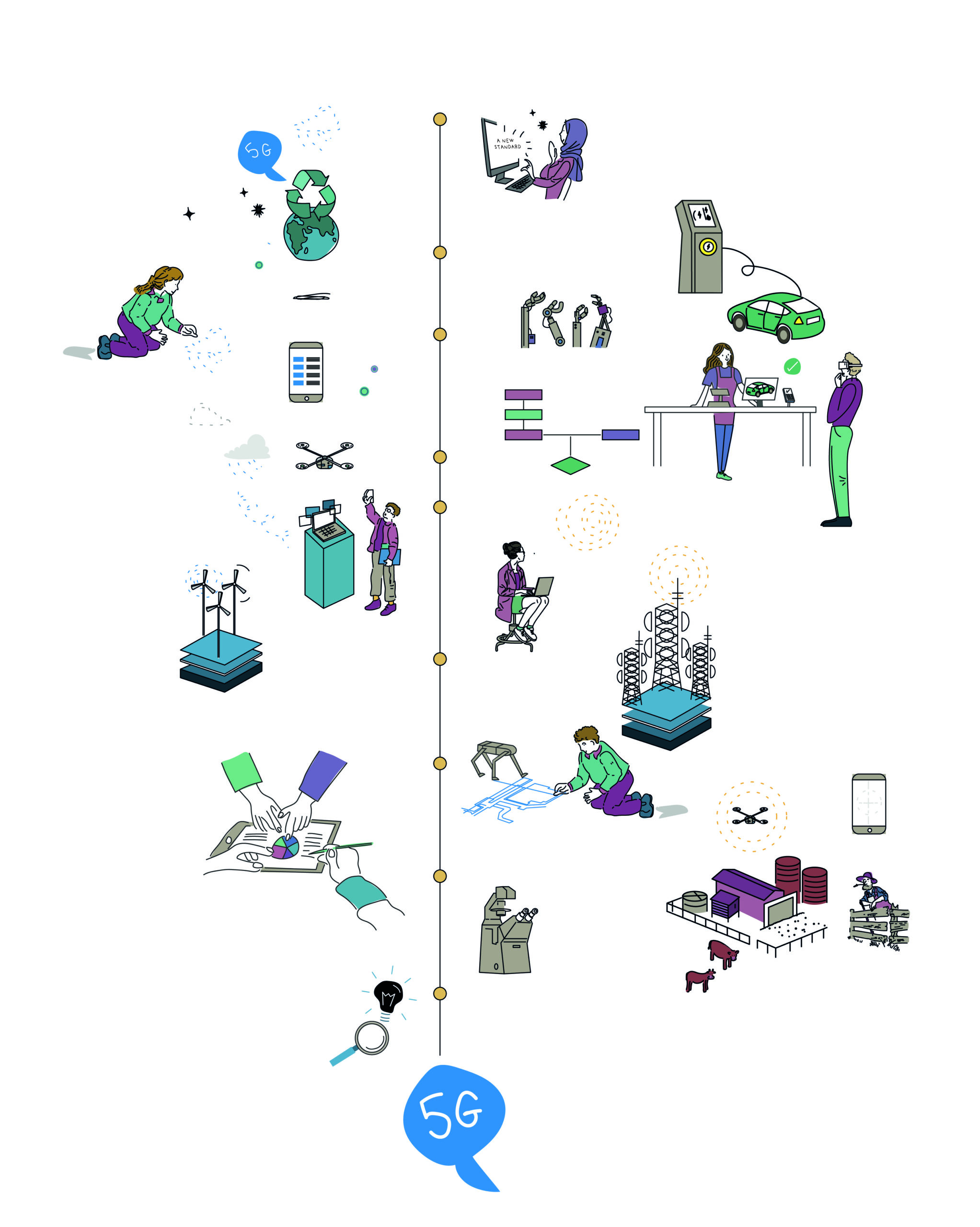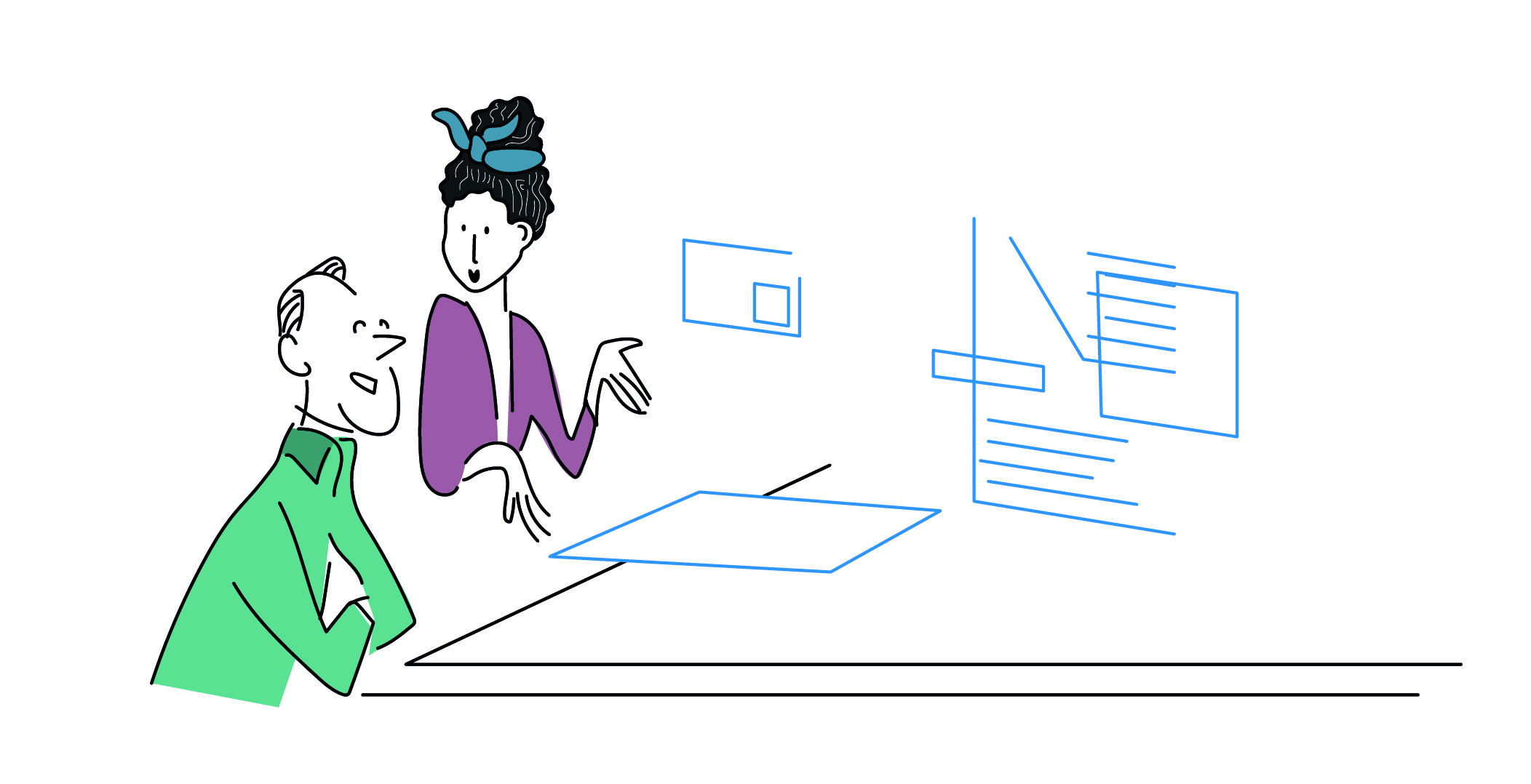Q7. Is licensing common for standardised technologies?
A first question to determine is whether licensing is the norm for a standard being implemented.
For a majority of standardised technologies there is little or no licensing of any patents underlying them. This is often because the relevant SEP owners have no interest in licensing their patents for a variety of reasons. Regardless, due to the FRAND licence commitment given by most, if not all, patent owners, a user of the standardised technology can use the technology without fear of being prevented from using it unless a FRAND licence has been first offered by the SEP owner (see Question [ ] for more details).
However, for some standardised technologies, a number of SEP owners do wish to license and obtain royalties for their products. This helps them to re-invest in the next generation of standardised technologies and enable their researchers to conduct the necessary research for this evolution.
For very new technologies, it may be unclear if anyone will seek royalties for their patented inventions. But for most technologies, it will be clear whether it is the practice of some SEP owners to obtain royalties. This is, for example, common in the following standardised technologies: cellular and Wi-Fi connected end devices, video and audio compression standards, and wireless charging. This is because it has often taken a lot of investment and innovation to create these standards.

Q8. How does one know if a licence is needed?
A quick internet search will often reveal whether licensing is common for a standardised technology and which organisations tend to seek licenses – some may be individual companies or research institutes and others patent pool administrators who act one behalf of a number of SEP owners.
However, the first indicator is when a SEP owner approaches an implementer of a standard informing it that it has patents that are infringed by the implementation of a standard. The SEP owner will typically do this by presenting a list of its claimed SEPs and inviting the implementer to enter into negotiations with it for a FRAND licence.
There is of course nothing that prevents an implementer from approaching the SEP owner to ask whether it needs to take a licence. For a variety of reasons, a SEP owner may say that one is not required. For example, the SEP owner may direct its licensing at a different part of a supply chain, which means the requestor may already benefit from a licence given to the organisation that it is supplying or from its customer’s licence with the SEP owner.

